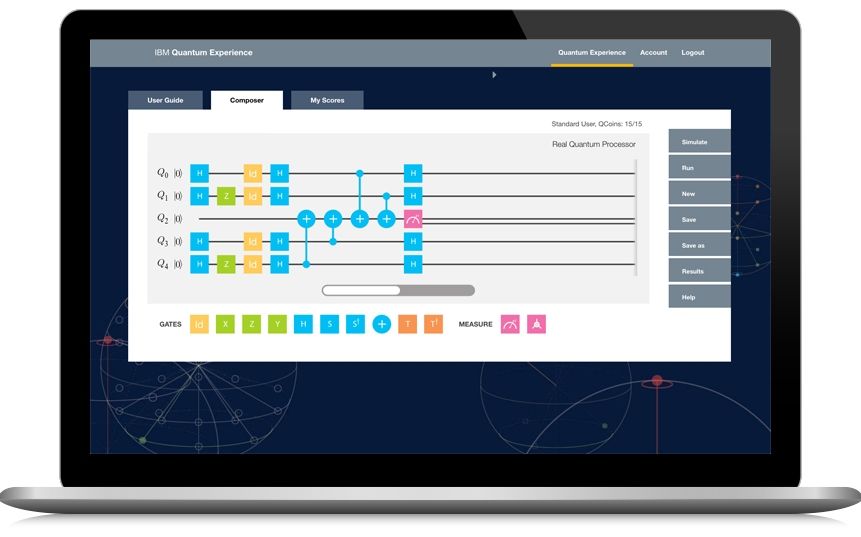Here is the impact of today’s IBM QC announcement & if proven real then the following will certainly be fasttracked:
1. IBM is now ahead of everyone in QC
2. China & Russia are now going to heat up their own QC efforts.
3. Google and Microsoft will accelerate their efforts to showcase QC in many areas of IoT including AI.
4. Apple will now need to join the QC revolution or face a future of non-existence in the long run because devices, networks & platforms, communications, etc. will now be quick to make the transition.
5. Robotics, genetic research capabilities and other medical technologies, etc. will be drastically advance to levels that we have.
Read more






